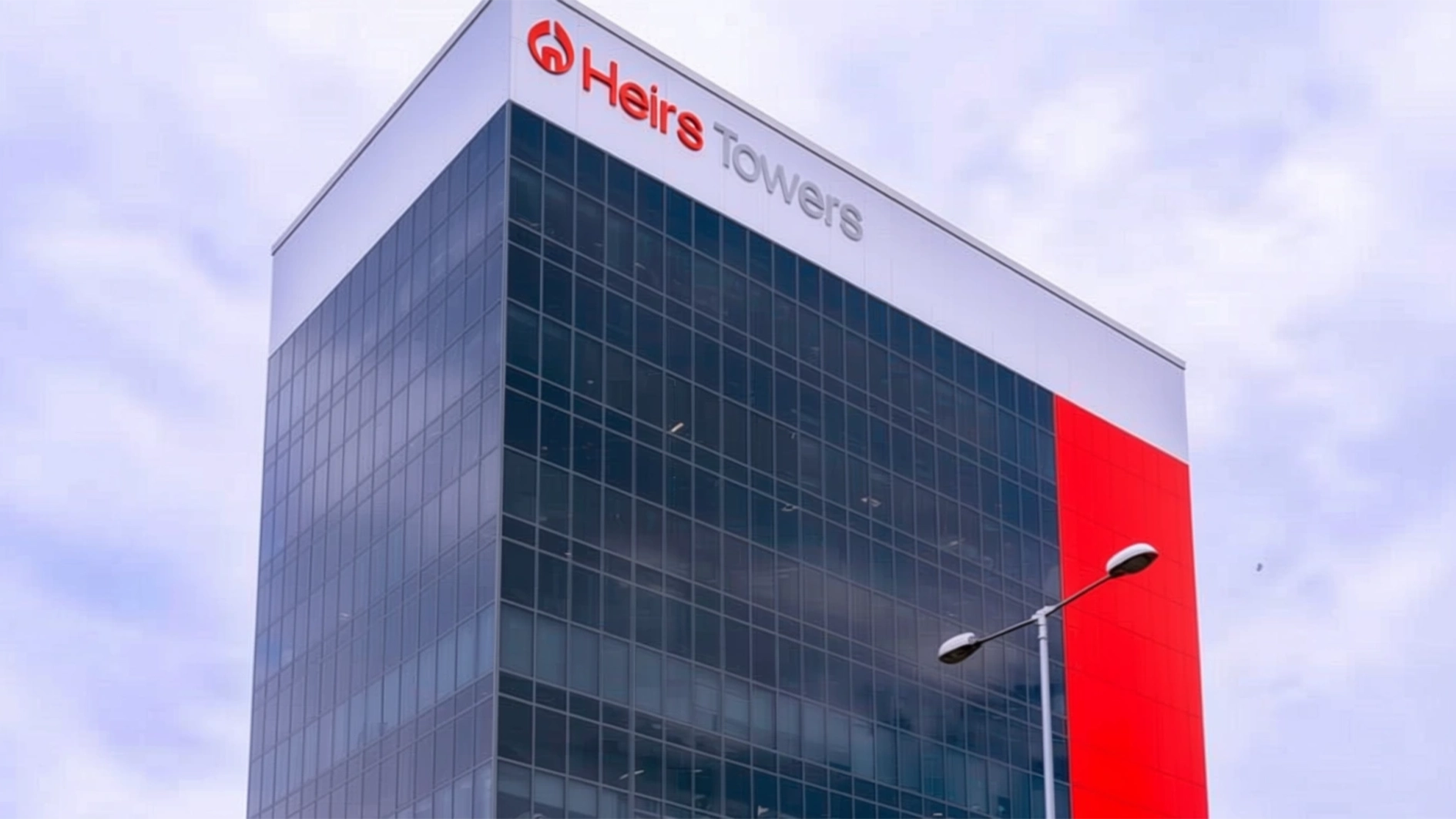
Stakeholders have raised fresh concerns over the Nigerian government’s long-standing practice of subsidising electricity tariffs, insisting that it poses financial strain and that concerns about the unequal distribution of benefits may create more challenges in the sector.
While the Federal Government introduced the Service Tariff (SBT) in 2020 to phase out electricity subsidies due to the strain on government finances, between 2015 and 2020, the electricity tariff shortfall reached about N2.4 trillion, averaging N200 billion yearly.
In 2022 alone, over N600 billion was paid in subsidies, with projections indicating a potential increase to at least N1 trillion in 2024.
The Nigeria Electricity Regulatory Commission (NERC) rolled out the Multi-Year Tariff Order (MYTO) in 2022 to gradually phase out subsidies.
However, the government’s decision to freeze tariff reviews in July 2023 disrupted this plan, leading to a spike in the electricity tariff shortfall.
Macroeconomic factors, including foreign exchange fluctuations and inflation, contributed to an 80 per cent increase in the generation cost, reflected in the weighted average cost reflective tariff rising from N68.42 to N111.12 in Q3 2023. Consequently, the subsidy surged to approximately N51.23/kWh, totaling about N332.68 billion in Q3 alone.
Compounding the issue, data reveals a disproportionate benefit to high-income consumers, contrary to the subsidy’s original design for low-income earners. The richest 20 per cent received N117.8 billion in subsidies by Q3 2023, while the poorest 20 per cent received only N2.97 billion.
As the situation escalates, stakeholders urge the federal government to make prompt decisions to prevent a crisis akin to the petrol subsidy.
With negligible private sector investment in the Nigeria Electricity Supply Industry (NESI) since 2015, the sustainability of electricity subsidies comes into question, prompting calls for a reevaluation of where these funds could be better applied.
National Coordinator, Electricity Protection Group, Adeola Samuel-Ilori emphasized that the removal of electricity tariff subsidies is not a mere wish of any government official as it is a statutory provision outlined not only in the repealed Electric Power Sector Reforms Act of 2005 but also in the current Electricity Act of 2023.
He pointed out that it’s not within their unilateral authority to determine or eliminate such subsidies.
He expressed concern about the significance of the masses who, despite installing the government, are unable to derive any benefits. He highlighted the financial implications and questioned the fairness, especially when the government has not taken sufficient measures, such as providing prepaid meters for all consumers, to ensure accurate billing based on actual usage.
“It is the inadequate measurements of what consumers use that brought about resistance to increased tariffs. The generation has not improved yet consumers are paying for what they didn’t use through obnoxious estimated billings and all kinds of unwholesome practices by the DisCos.
“Consumers still pay for meter, buy transformers and all other line materials yet the same cost in the tariff templates each time the DisCos collected it, the regulatory body became the worst of all in compliance and implementation of laws and orders while it becomes flagrantly disobeyed by DisCos to the detriment of consumers,” he said.
He mentioned that the government, which emphasizes cost comparisons, fails to do the same when approving unnecessary expenditures for themselves in the fiscal budget.
“They shouldn’t contemplate such removal without putting in place all necessary indices that will make them not to feel the effects of the price surge in unit cost than to do it and incur the wrath of Nigerians because we as electricity consumers advocacy group will mobilize to resist it including the usage of instruments of the court,” he said.
On his part, the Executive Director of PowerUpNigeria, a Power Consumer Advocacy Group, Adetayo Adegbemle expressed concern over the industry’s financial state noting that the continued payment of electricity subsidy is not sustainable.
He added that the federal government must make prompt decisions to prevent the situation from escalating, considering the potential impact on government finances, similar to the challenges seen with the petrol subsidy.
“Since 2015, there has been negligible investment in the NESI by the private sector (except Azura). which is a clear signal that the commercial viability of the sector has left a lot to be desired.
“Electricity Subsidy is not sustainable, and we need to start thinking of where else the Subsidy we are paying in Electricity tariff can be better applied,” he said.






